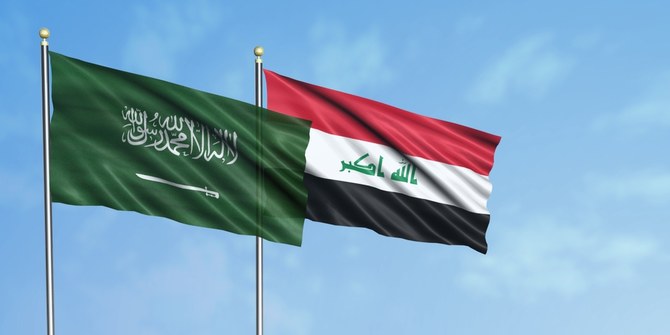RIYADH: Aligning with its strategy to seek new investments in the Middle East and North Africa region, Saudi Arabia’s sovereign wealth fund has created a unit with a capital of $3 billion to invest in industries across Iraq.
According to Muteb Al-Shathri, acting CEO of the Saudi-Iraq Investment Co., the investment unit will be headquartered in the Kingdom and will look for funding opportunities in infrastructure, mining, agriculture, real estate development and financial services, among other areas.
The announcement was made on the sidelines of the Saudi-Iraqi Coordination Council being held in Jeddah, and comes after the Kingdom’s Minister of Investment Khalid Al-Falih said Saudi Arabia has allocated $1 billion for reconstruction projects in Iraq, while $500 million has been set aside to support trade between the two countries.
The Iraqi government is also in talks with Saudi companies, including Aramco, to develop the Akkas gas field in the western Anbar province — a project that could produce more than 400 million cubic meters of gas per day.
The Saudi-Iraq Investment Co. is one of the six regional investment vehicles the Public Investment Fund said it would establish in Iraq, Jordan, Bahrain, Sudan, Oman and Egypt.
The PIF is currently driving the Kingdom’s Vision 2030 and is playing a crucial role in materializing the economic diversification targets of Saudi Arabia.
In January, data released by the Sovereign Wealth Fund Institute revealed that the PIF has maintained the sixth spot in the list of top sovereign wealth funds worldwide, with assets worth $607.42 billion.
Currently, the sovereign fund owns 71 companies in 10 different sectors, and until now, it has created more than 500,000 direct and indirect jobs.
In November 2022, PIF Gov. Yasir Al-Rumayyan said the fund is committed to creating 1.8 million jobs.
“It is not only the figures we are looking at, but the quality of these figures, the quality of these jobs,” said Al-Rumayyan.













